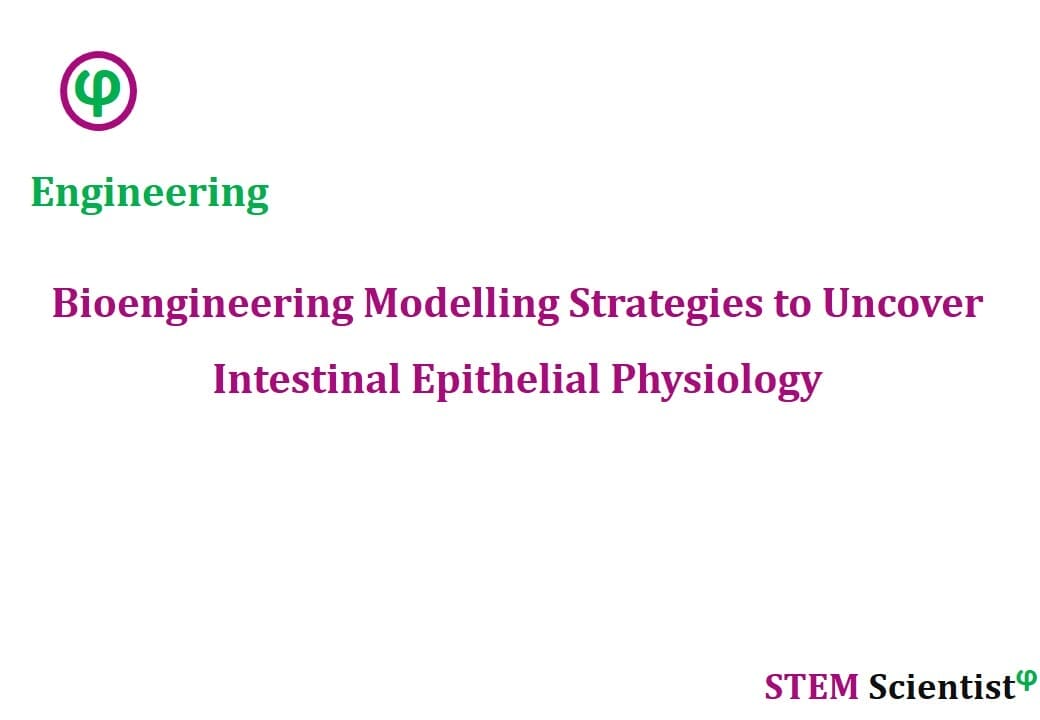
The following study was conducted by Scientists from BRIC – Biotech Research and Innovation Centre, Faculty of Health and Medical Sciences, University of Copenhagen, Copenhagen, Denmark; Novo Nordisk Foundation Center for Stem Cell Biology (DanStem), Faculty of Health and Medical Sciences, University of Copenhagen, Copenhagen, Denmark; Department of Biomedical Engineering, Lund University, Lund, Sweden. Study is published in Nature Communications Journal as detailed below.
Nature Communications; Volume 11, Article Number: 6244 (2020)
A Bioengineering Perspective on Modelling the Intestinal Epithelial Physiology In Vitro
Abstract
The small intestine is a specialized organ, essential for nutrient digestion and absorption. It is lined with a complex epithelial cell layer. Intestinal epithelial cells can be cultured in three-dimensional (3D) scaffolds as self-organizing entities with distinct domains containing stem cells and differentiated cells. Recent developments in bioengineering provide new possibilities for directing the organization of cells in vitro. In this Perspective, focusing on the small intestine, we discuss how studies at the interface between bioengineering and intestinal biology provide new insights into organ function. Specifically, we focus on engineered biomaterials, complex 3D structures resembling the intestinal architecture, and micro-physiological systems.
Source:
Nature Communications
URL: https://www.nature.com/articles/s41467-020-20052-z
Citation:
Antfolk, M., Jensen, K.B. A bioengineering perspective on modelling the intestinal epithelial physiology in vitro. Nat Commun 11, 6244 (2020). https://doi.org/10.1038/s41467-020-20052-z


